What is Social Liberalism?
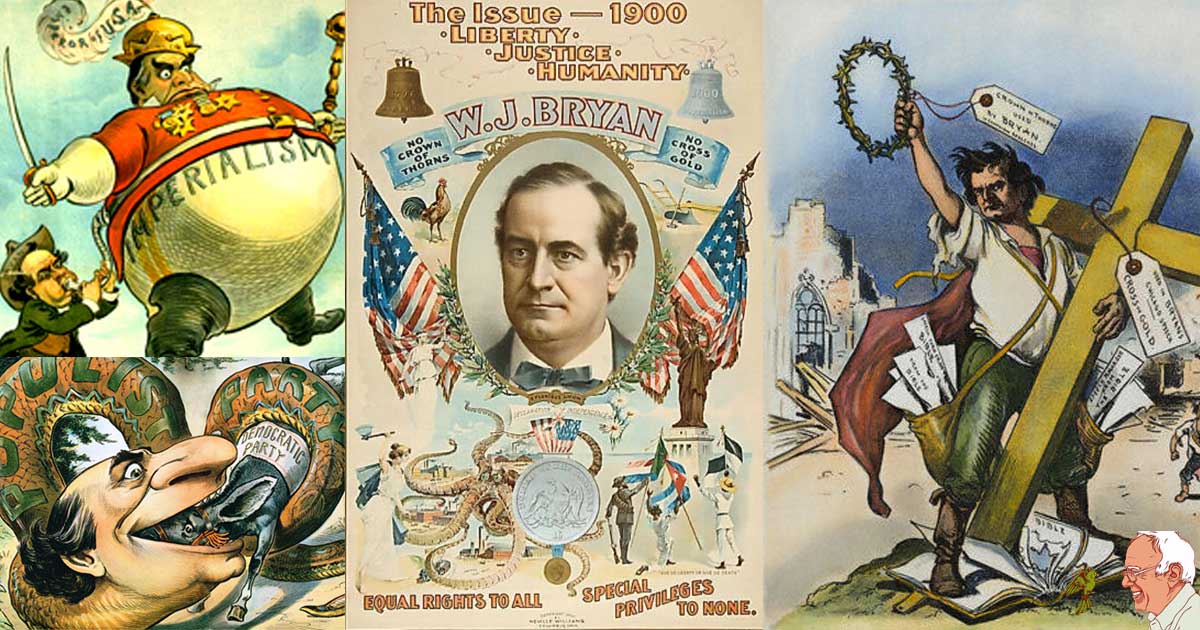
Social liberalism is the ideology of collective liberties and rights that favors social welfare and justice. It comes in a political and economic form.
Socialism describes a wide array of political and economic theories that promote social equality.
These theories often advocate things like classlessness, nationlessness, and global “egalitarian” equality, but not always. Likewise, they often advocate that the means of production, distribution, and exchange should be owned or regulated by the community as a whole, but, not always.
Socialism is a general statement on equality, but it does not explicitly refute other ideologies or private property in general, and is not a statement on authority.
Thus, we have libertarian socialists who seek little to no coercion by government, democratic socialists who still want to advance socialism via democratic means, social liberals who seek a safety net in a liberal and capitalist system, and more.
Stalinists may have called themselves socialists, but to be fair, North Korea calls itself a “Democratic People’s Republic”, so like. “your point being”.
The idea that socialism doesn’t work (in any form), that it is always like its WW2 Stalinist form, or that it isn’t compatible with a mix-system are essentially myths spread by right-wingers and oligarchs… Although, with that said, the idea that pure authoritative Communism works for large systems and can replace the liberal benefits of democratic capitalism is… a myth spread by left-wing ideologues and despots.
The answer is likely somewhere in the middle, but to find a middle we need to not dismiss the whole concept of a government that works for all people and not just the few.
TIP: The terms socialist and communist all relate to a few ideas, 1. A system that works for the common people, 2. common ownership (but that doesn’t mean private ownership can’t exist), 3. the idea of egalitarian tribal-like collective communes (which work best as sub-systems; like the Shakers).

Social liberalism is the ideology of collective liberties and rights that favors social welfare and justice. It comes in a political and economic form.
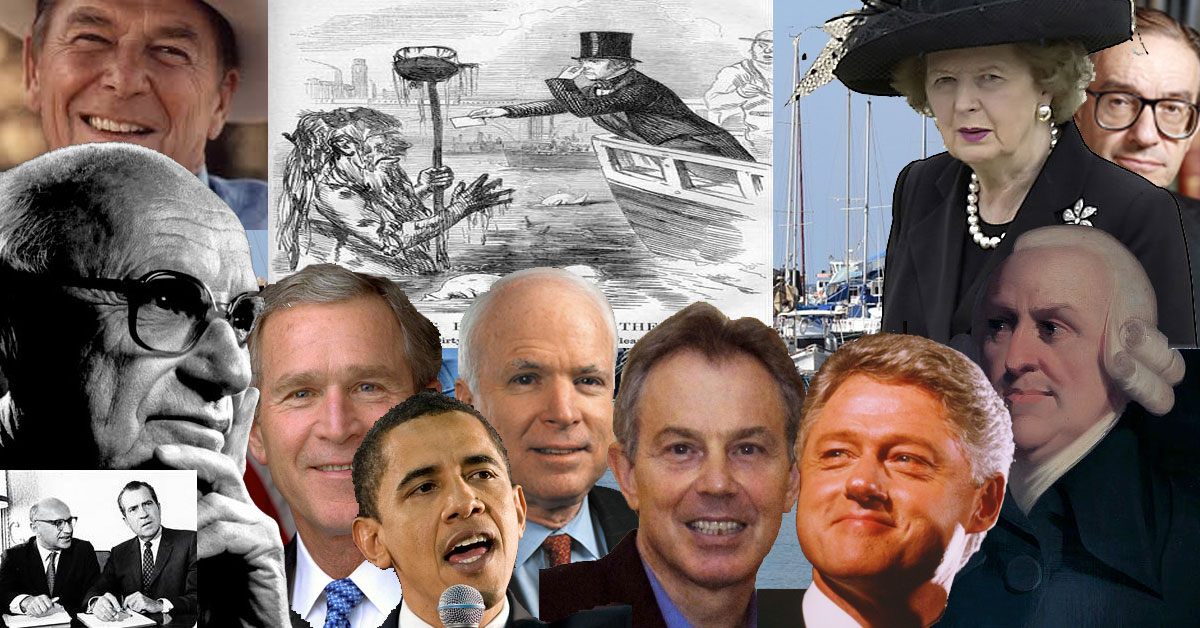
Neoliberalism is an economically-minded evolution of classical liberalism focused on deregulation, trade, and the private market. It is a “middle way” or “third way” between liberalism and conservatism.
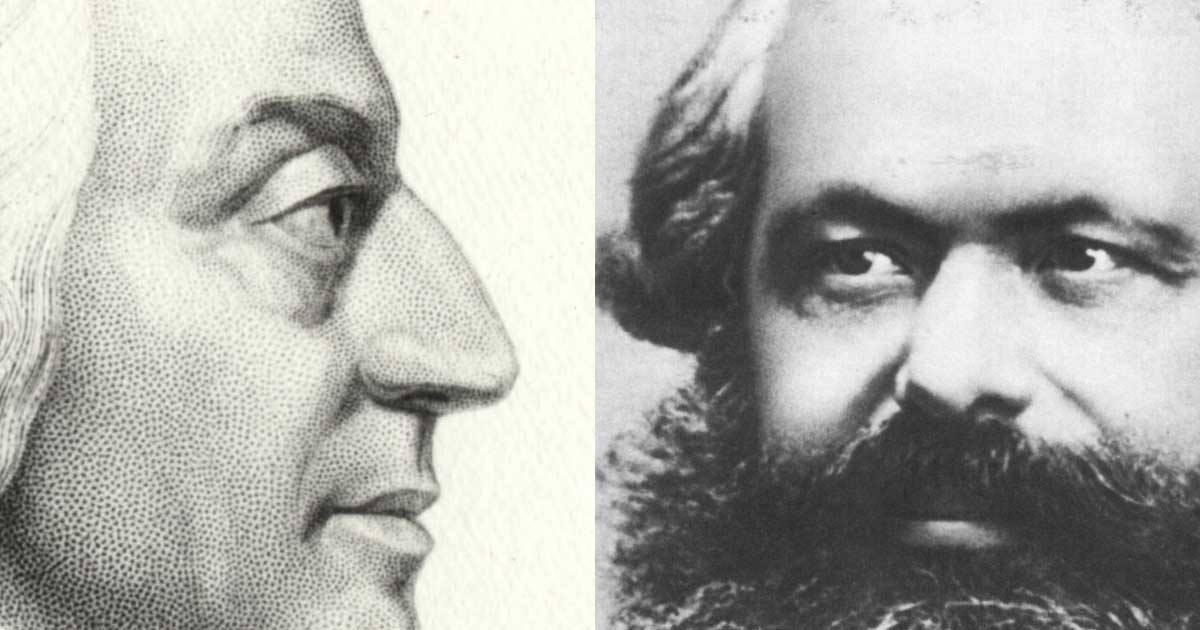
Labor and capital are economic terms that describe 1. workers and their labor power and, 2. capitalists and their material and financial capital.
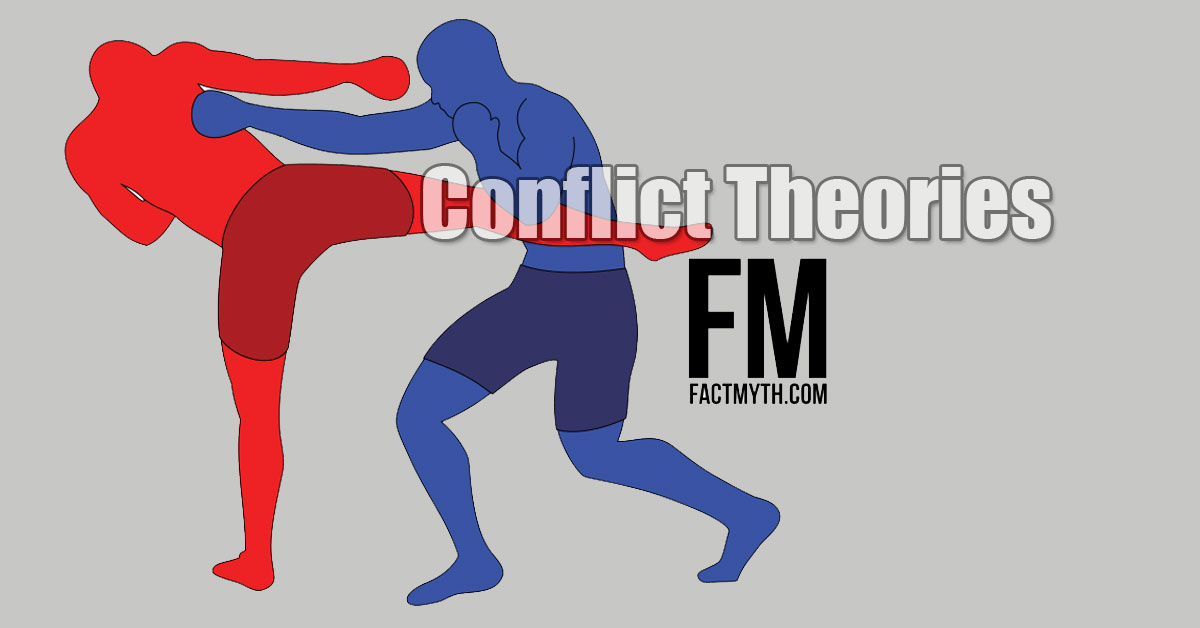
We explain Marx’s conflict theory and other conflict theories to show how tension between social, political, material, and other forces manifest.
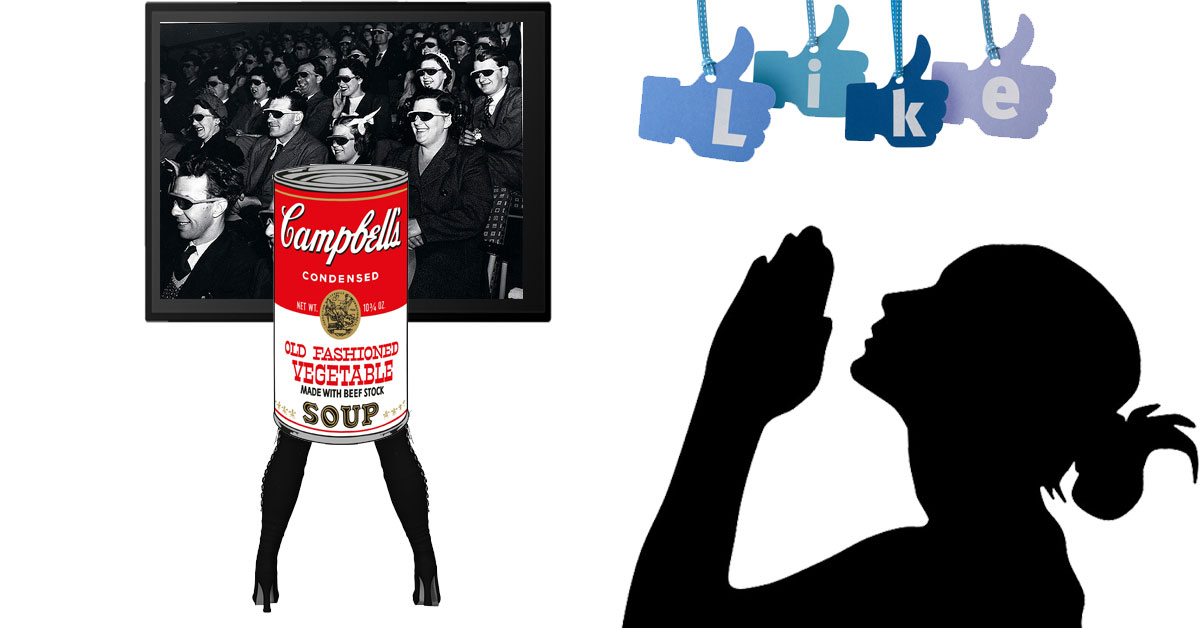
We define terms related to “the society of the spectacle” like commodity fetishism, consumerism, “proletarianization,” and alienation.
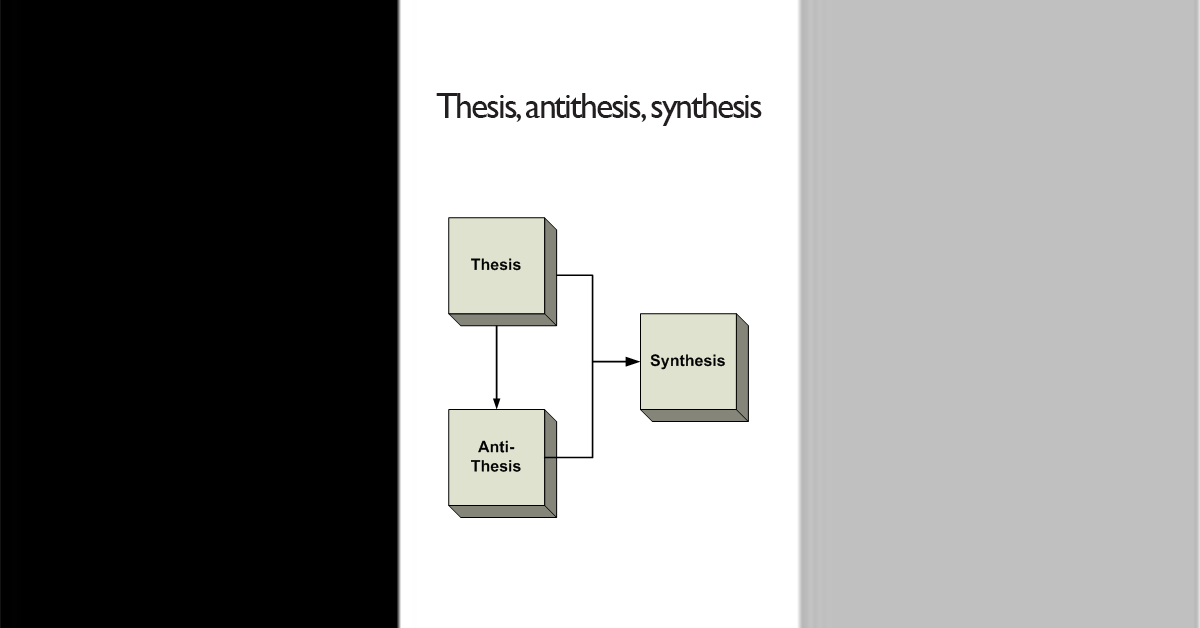
We discuss theories that deal with the nature of abstractions and contradictions including, Dialectics and the Golden Mean theory, and offer a “synthesis” of these theories.
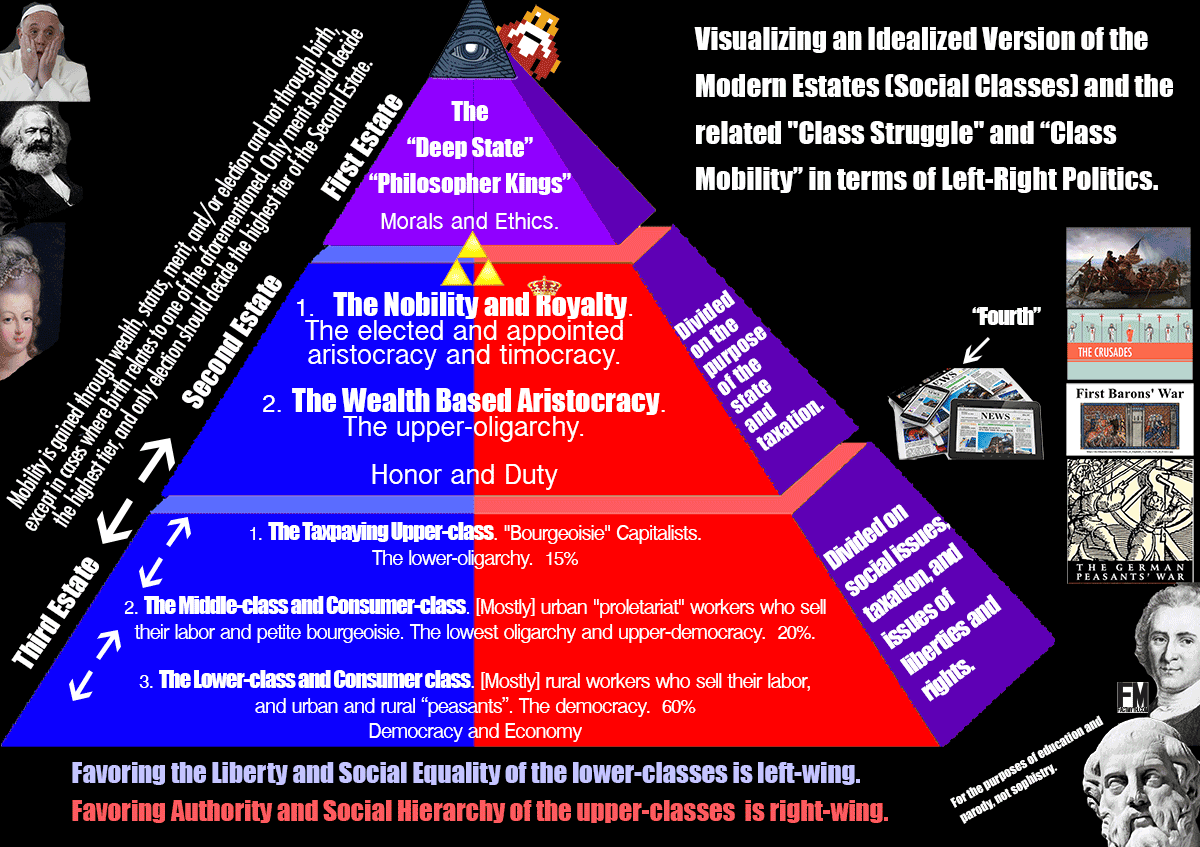
All nations have some sort of class system or class structure, generally based on wealth, birth, or status. We explain modern and historic social class systems and the general logic behind them to see to what extent they are natural and what extent they are convention.
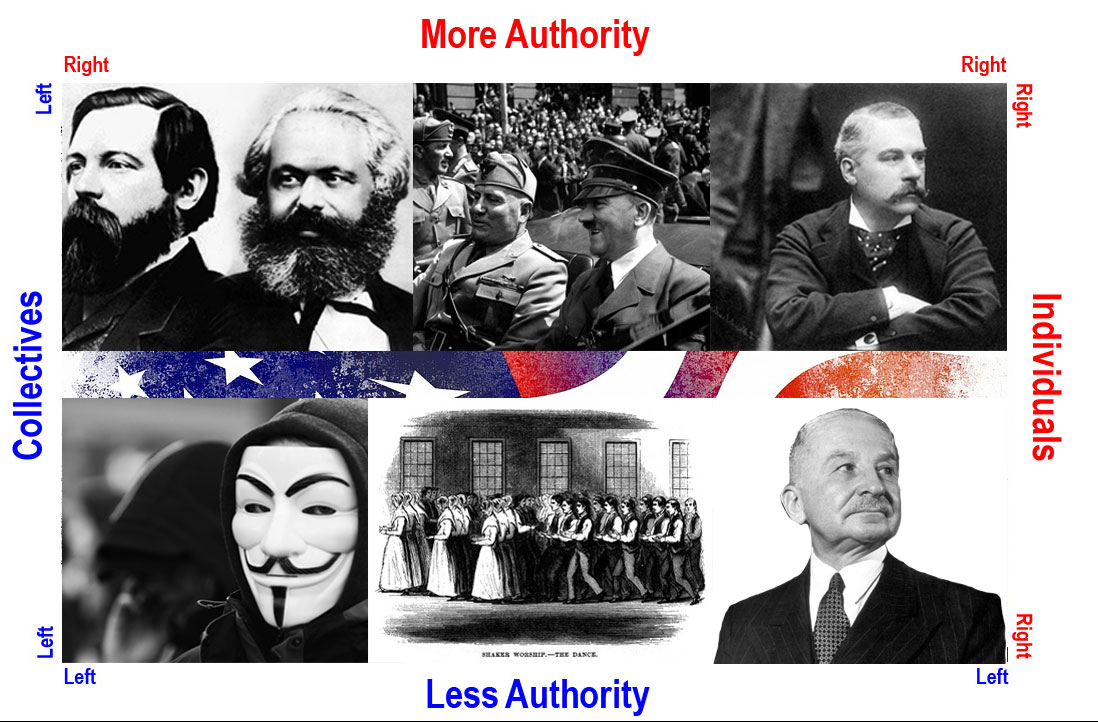
Marx and Mussolini called for extreme evolutions of socialism, Mises called for an absolutist return to individualist liberalism, but all miss the mark.
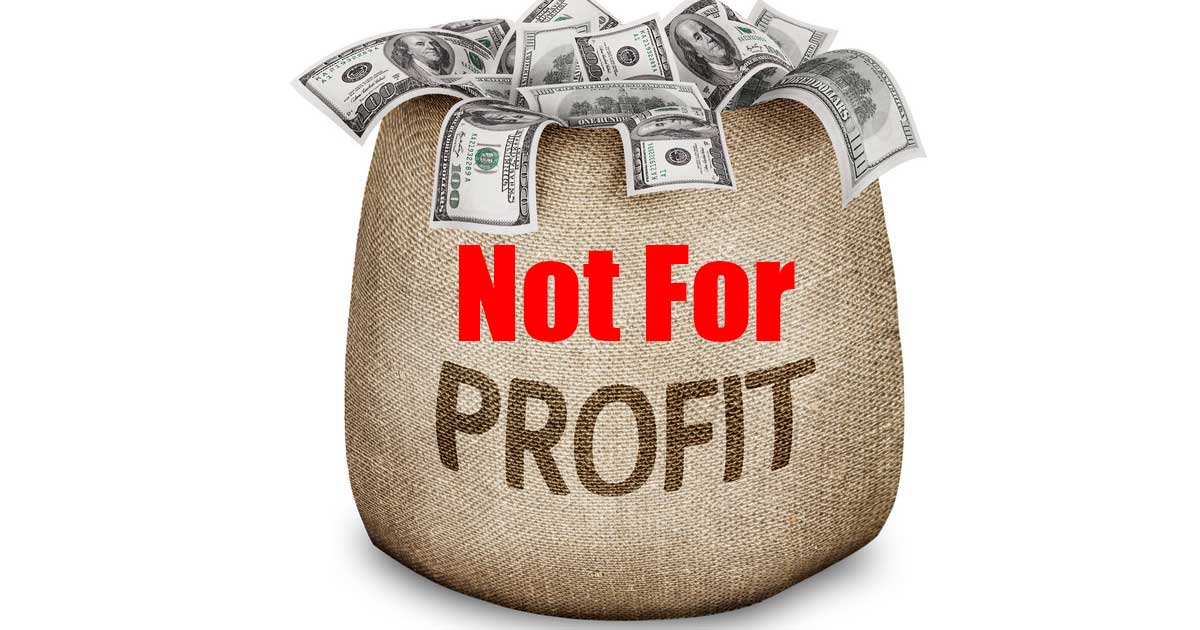
Social Capitalism can be defined as a socially minded form of capitalism, where the goal is doing social good, rather than just the accumulation of capital.
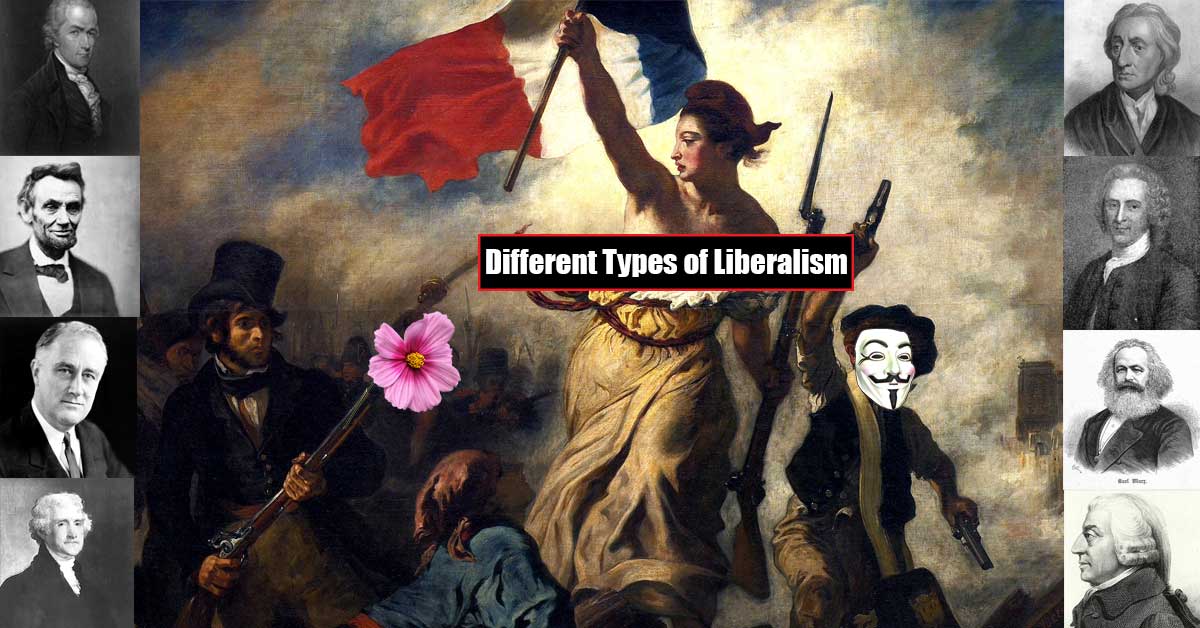
Liberalism is the political ideology of liberty and equality, where classical liberalism emphasizes individual liberty and social liberalism emphasizes social equality.